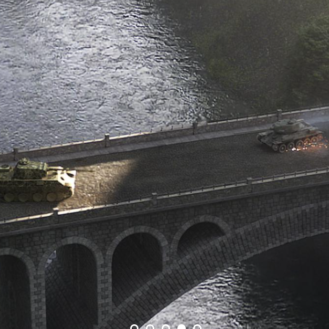After a 5-year hiatus, English filmmaker Terence Davies returns with Sunset Song, an adaptation of the seminal Scottish novel by Lewis Grassic Gibbon. Davies’ traditionally melodramatic and stilted approach to writing drama is on display here, and a great hindrance to this adaptation.
Sunset Song, the first entry in Gibbon’s A Scots Quair trilogy, tells a familiar story of a woman, Chris Guthrie (Agyness Deyn), as she grows from a young woman to a mother. The two-plus-hour film is padded out with seemingly banal aspects of her life, only intermittently providing scenes of actual importance.
Davies’ screenplay frequently feels like a skeleton of a period piece, including the successive death of Chris’ parents, her siblings’ abandonment, and her eventual marriage to a young man who eventually goes off to war. It’s hard to know how strictly Davies adapted the source material. But that’s the thing about adaptations: as a filmmaker, you are given creative liberty to alter scenes and make them more cinematically palpable, not a series of often banal events that disrupt the flow of an otherwise fine but traditional period piece.
Davies’ unnatural approach to timing and flow is also on display in several scenes. In one scene, Chris and her husband, Ewan (Kevin Guthrie), prophesize that their best days are ahead of them, only to be told a second later by a horse rider off in the distance that Scotland is now at war with Germany. These scenes often drown Sunset Song in unintentional humour rather than the dramatic weight it clearly wants to evoke.
As a filmmaker, Davies perhaps wisely does not allow the interior set design or the costumes to become objects of cinematic excess. Nor does he allow his performers to overact (although there are scenes of grief that are somewhat silly). Davies has, however, always had an eye for landscape and lighting. Like his previous films, Sunset Song is beautifully shot, with gorgeous views of the Scottish landscape and the surprisingly nuanced composition of interior shots.
Davies’ double role as screenwriter and director is a double-edged sword. His weak screenplay is far too stilted in structure to make for an effective flow (a problem exacerbated and enabled by David Charap’s editing). However, as a director he manages his actors well, and the film is so well shot it is easy to forgive some of the film’s problems.
**********
Do You Tweet? Follow These Tweeple:
Mark Barber: @WorstCinephile





Leave a comment